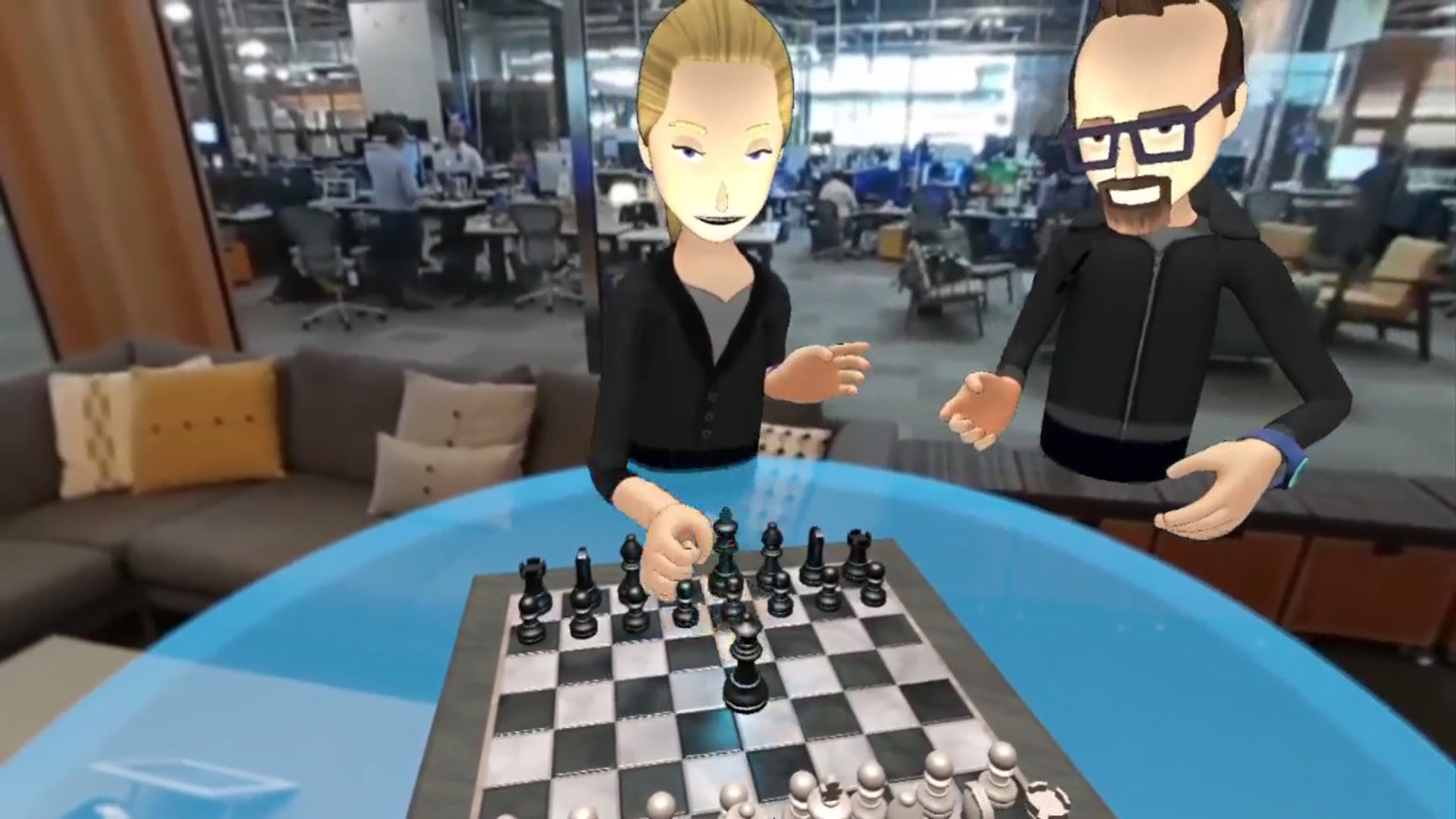Facebook wants to bring some of the Sims magic to Social VR
If anyone can help create an addictive virtual world...

Sign up for breaking news, reviews, opinion, top tech deals, and more.
You are now subscribed
Your newsletter sign-up was successful
Facebook has announced that senior VP of Maxis and executive producer of The Sims 4, Rachel Rubin Franklin, is now the new head of its Social VR team.
Recently at the Oculus Connect conference, Mark Zuckerberg demoed how Facebook plans to make virtual reality (VR) a much more social experience for friends and family that can't always be in the same room. Franklin will now be helping to lead the team that’s trying to bring that demo to life.
According to Facebook, Franklin will work with other members of its Social VR leadership team, including Michael Booth and Lucy Bradshaw who were virtually present with Zuckerberg at the Oculus Connect demo.
It's more than just games
Facebook’s CTO Mike Schroepfer expressed his excitement about Franklin joining the team, stating in a post that “It is a blast to fuse the experience of people who have developed many successful immersive online worlds with engineers who have decades of collective experience building Facebook.”
Franklin and the Social VR team don’t have an easy task ahead of them – it’s hard to sell the external view of virtual reality as a social experience. When all they're able to see is the eye-blocking headset and sound-muffling headphones, it's unsurprising many people view it as the most perfectly isolated experience possible.
But Facebook doesn’t do isolation. Zuckerberg demonstrated that his vision for Oculus and Facebook involves creating Social VR experiences that will enable us to interact across long distances through avatars in virtual environments.
The demo shown onstage included interesting features such as taking a Messenger call whilst wearing the VR headset, as well as playing games with other avatars, and changing your avatar’s facial expression using the VR emoji gesture feature. To keep things inclusive, a VR headset is not a requirement to take part in these experiences.
Sign up for breaking news, reviews, opinion, top tech deals, and more.
Headset not required
Franklin’s team will be faced with the challenge of making these social features feel natural to use and presenting them as a viable, even preferable, alternative to just talking with your friends on Chat or through a Messenger video call.
Having been so deeply involved in the development of The Sims, Franklin will no doubt be well-equipped to help develop avatars that look and behave like real people without venturing down the disturbing and off-putting uncanny valley – a key factor in developing a VR world that people feel comfortable being in.
Through its Oculus Connect demo and its commitment to putting together a strong team, Facebook is showing that it’s making real strides in producing creative, viable social VR experiences. If it manages to get it right, it could be huge in helping VR become a ubiquitous piece of technology rather than remaining restricted as a fun but inessential gaming or film platform.

Emma Boyle is TechRadar’s ex-Gaming Editor, and is now a content developer and freelance journalist. She has written for magazines and websites including T3, Stuff and The Independent. Emma currently works as a Content Developer in Edinburgh.